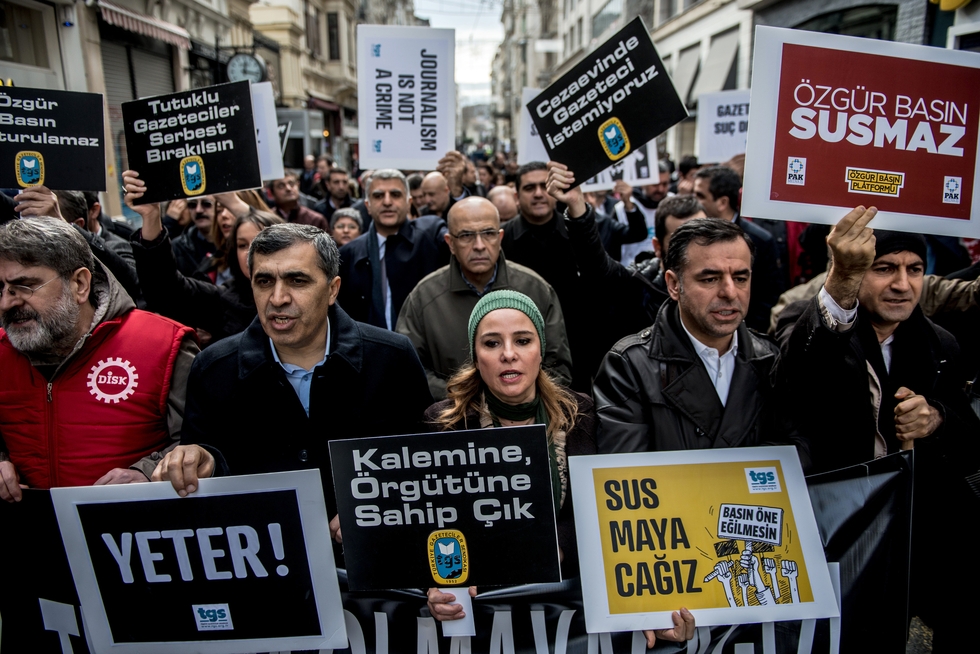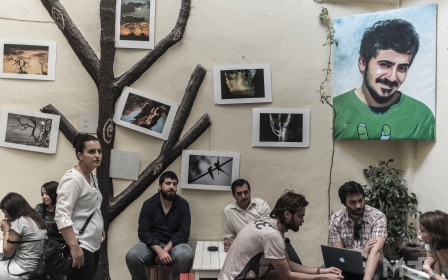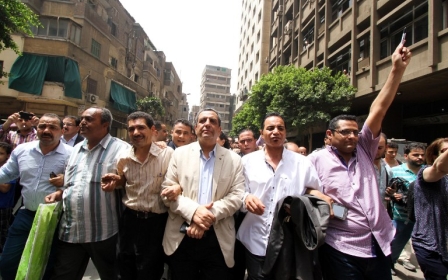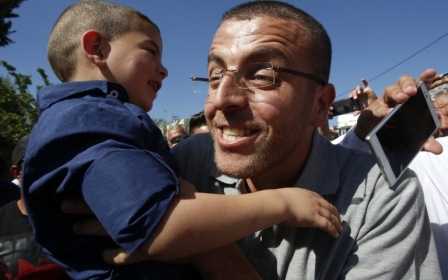Turkey arrests press freedom campaigner on 'terrorist propaganda' charges

Turkey has arrested three journalists, including two representing human rights groups, on charges of "terrorist propaganda", media reports said on Monday.
Erol Onderoglu, Reporters Without Borders' (RSF) representative in Turkey, was held along with Sebnem Korur Fincanci, head of the Human Rights Foundation of Turkey (TIHV), and another journalist, and charged for having taken part in a campaign of solidarity with the pro-Kurdish press in Turkey in May.
"The prosecutor who heard us demanded that we be charged for terrorist propaganda," Onderoglu told AFP just before the charges were laid.
In May, the three took symbolic control of pro-Kurdish newspaper Ozgur Gundem, which has been in the authorities' crosshairs for years, sparking a judicial enquiry against them.
A total of 44 journalists have served as one-day editors-in-chief of the newspaper. Around 37 of them have been investigated by the authorities.
RSF's Twitter account criticised the arrest branding it an "unbelievable low" for press freedom in Turkey.
The Turkish journalists union also slammed the arrests in a statement stating that "journalism is not a crime".
Turkey has faced mounting international disapproval over its treatment of journalists.
In its 2016 Press Freedom index, RSF ranked Turkey 151, just under Tajikistan and above the Democratic Republic of Congo.
Under Article 301 of the Turkish constitution, insulting the president of Turkey is a criminal offence.
Since Turkish Recep Tayyip Erdogan became president in 2014, prosecutors have opened more than 1,800 cases against people for insulting him, according to figures released by the Justice Ministry last month.
Journalists are often charged with "terrorist propaganda" for media deemed sympathetic to the outlawed Kurdish PKK.
Middle East Eye propose une couverture et une analyse indépendantes et incomparables du Moyen-Orient, de l’Afrique du Nord et d’autres régions du monde. Pour en savoir plus sur la reprise de ce contenu et les frais qui s’appliquent, veuillez remplir ce formulaire [en anglais]. Pour en savoir plus sur MEE, cliquez ici [en anglais].




